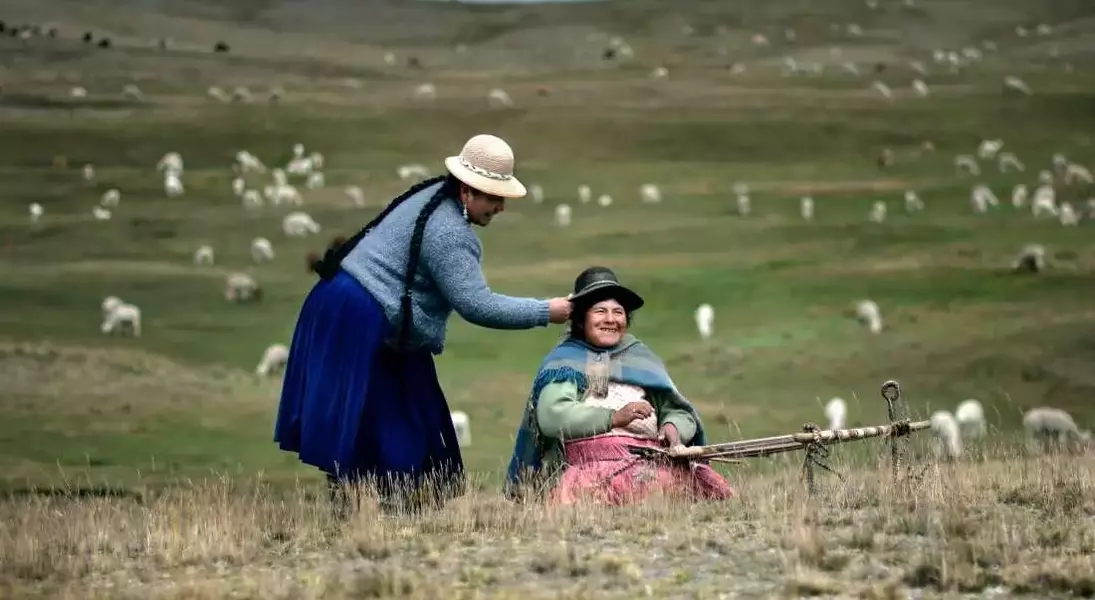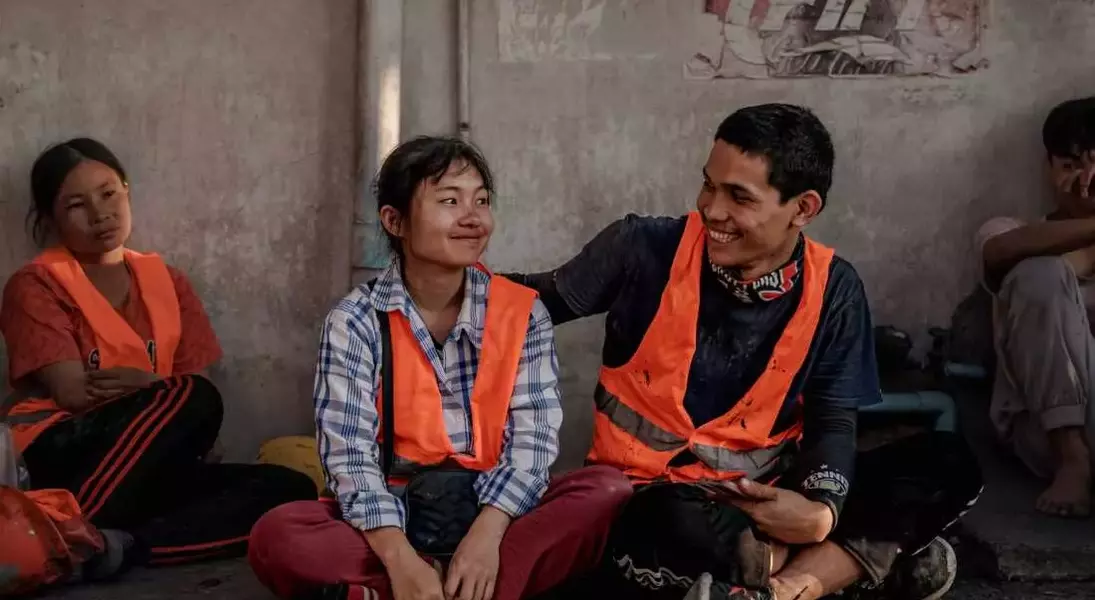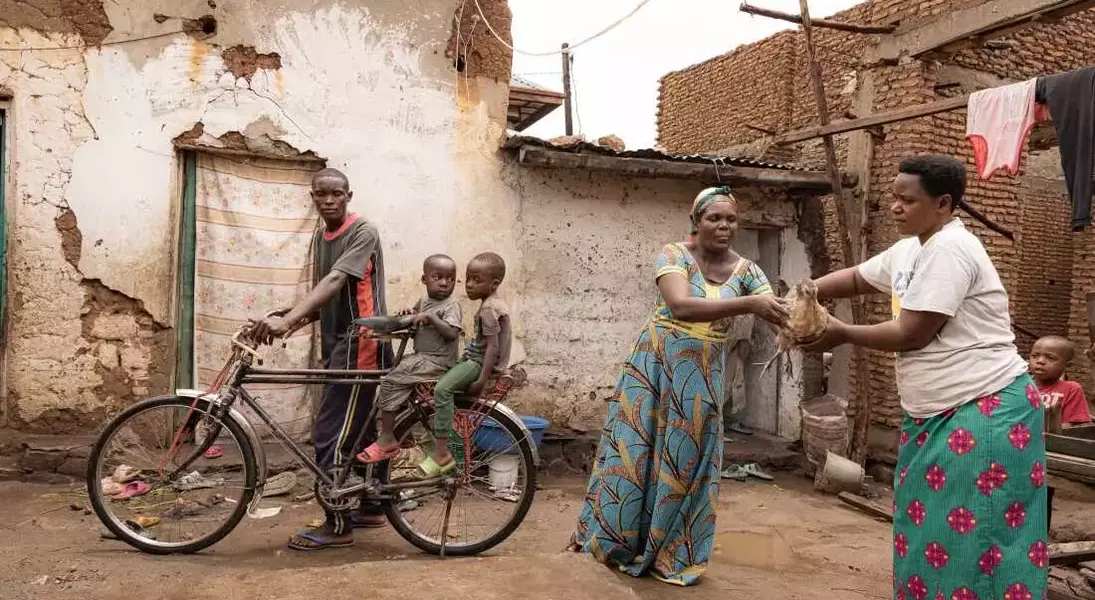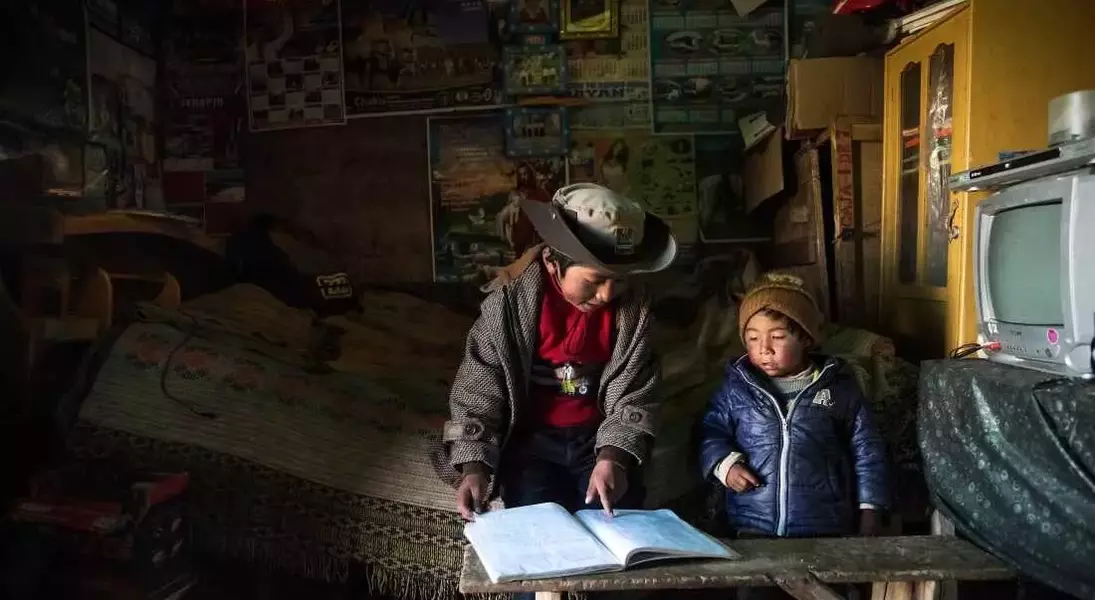






Today, as the world acknowledges World Kindness Day, we are reminded of the profound influence even the smallest acts of compassion can have. This observance, established in 1998, encourages individuals to engage in at least one deliberate act of kindness, emphasizing its capacity to transform lives and foster human connection in a world often overshadowed by conflict and negativity. Through compelling personal stories and scientific insights, this article explores how kindness is not just a fleeting gesture but a powerful force that propagates through social networks, enhancing collective well-being and promoting healing far beyond initial interactions. It delves into the idea that compassion can be nurtured and taught, making it a crucial element for building a more empathetic society.
A poignant account from Maymunah Yusuf Kadiri, a neuro-psychiatrist in Nigeria, vividly illustrates the impact of unexpected kindness. During a particularly harrowing night in a chaotic emergency room in 2004, a weary Dr. Kadiri, then 28, was sustained by a simple act from an elderly cleaner. The cleaner offered her a biscuit and water, remarking, "Doctor, you need small strength to save people." This seemingly minor gesture brought immense comfort and a renewed sense of purpose to Kadiri, who noted that healing extends beyond medical treatment to encompass genuine human connections. Her experience highlights how a moment of empathy can be a profound source of hope amidst despair, underscoring the restorative power of human interaction.
The far-reaching effects of kindness are further exemplified by the story of Huguette Diakabana. Forced to discontinue her education at the age of ten due to financial constraints as her family prepared to immigrate from Zaire (now the Democratic Republic of Congo) to the U.S., Diakabana defiantly attended school by sitting outside her intended classroom. Her persistence eventually led to her re-enrollment, covertly funded by a school guard. Years later, upon learning of his generosity, Diakabana was inspired to establish a scholarship program in Switzerland, embodying the guard’s instruction to “help others when I could.” This narrative powerfully demonstrates how a singular act of benevolence can ignite a chain of positive actions, creating a legacy of support and opportunity for many.
Dr. Junaid Nabi, a physician-scientist, elaborates on the concept of kindness as a social contagion, likening its spread to ripples in water. He points to studies showing that kindness can increase the likelihood of recipients helping others by 25%, initiating a positive feedback loop. A notable instance occurred in Winnipeg, Canada, where a customer paid for the next person’s coffee, sparking a chain reaction that saw 226 consecutive customers continuing the gesture. This phenomenon, often termed “pay it forward,” suggests that observing or receiving kindness intrinsically motivates individuals to replicate it, transcending personal relationships and fostering a broader sense of collective care and generosity within communities.
Furthermore, Nabi recounts a deeply personal transformation during the 2013 Savar building collapse in Bangladesh. As a Red Cross volunteer, he initially sought to gain trauma care experience. However, the overwhelming suffering and the sight of garment workers embracing in their final moments reshaped his understanding of compassion. He learned that true kindness means being fully present with others in their darkest hours, even when physical healing is impossible. This profound realization led him to practice medicine with greater empathy and dedicate more time to his patients, advocating for humanitarian volunteerism among medical professionals. His journey underscores that engaging with suffering can fundamentally alter one's perspective, deepening one’s capacity for kindness and making it an integral part of professional and personal life.
Kindness is more than an abstract concept; it is a tangible force that builds resilience and fosters community. Whether through a simple meal shared, educational support, or a helping hand during a disaster, each act reinforces our interconnectedness. The 2025 World Happiness Report confirmed that altruistic actions without expectation of reward significantly boost personal well-being. This reinforces the idea that fostering kindness within society is not just about helping others, but also about cultivating a healthier, happier environment for everyone. By embracing and actively practicing kindness, we contribute to a continuous cycle of positive influence, transforming individuals and communities alike.
